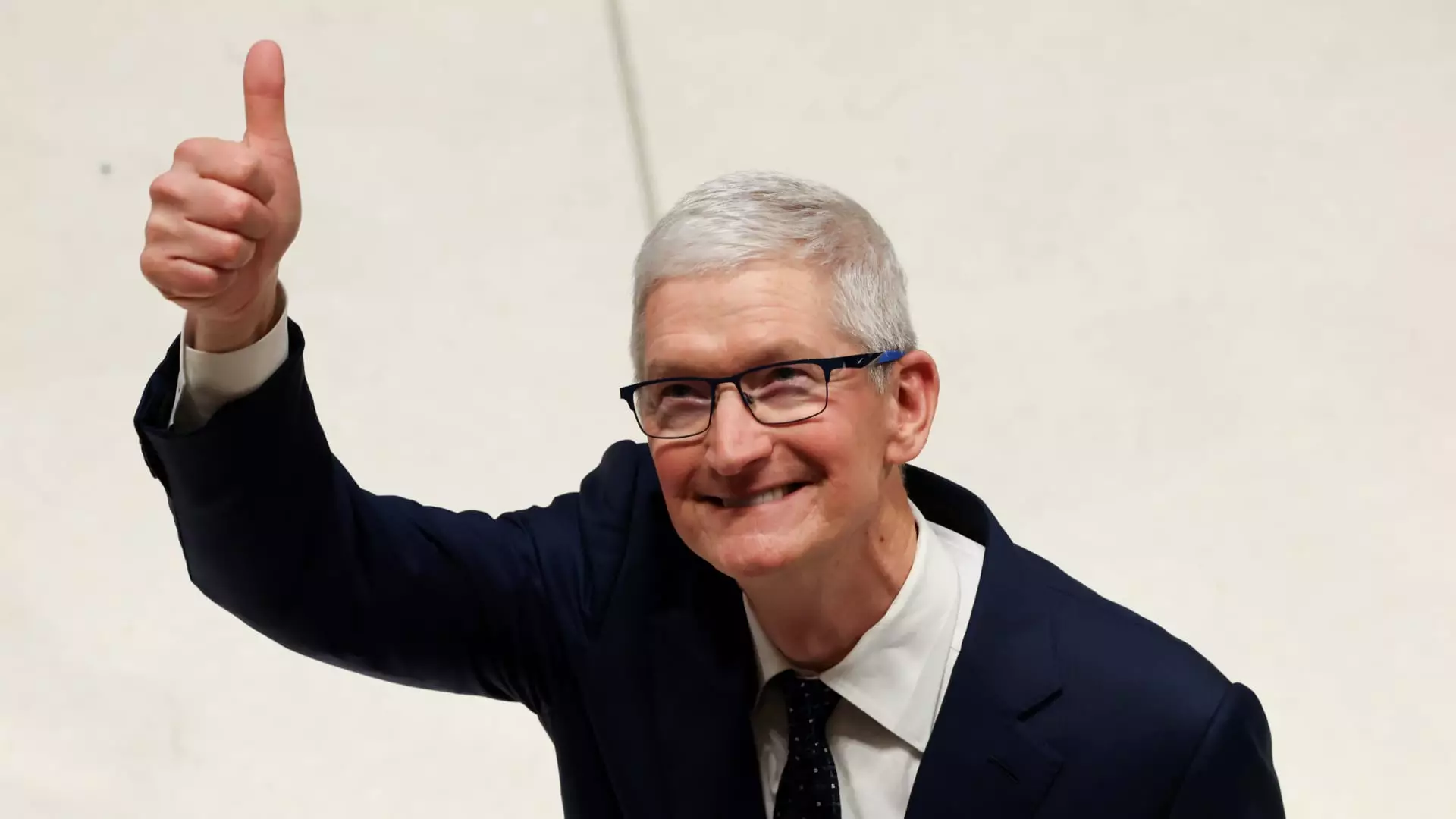In a notable legal clash, Apple has successfully countered the U.K. government’s attempts to impose an unwelcome demand for a “backdoor” into iPhone users’ encrypted data. The ruling by the Investigatory Powers Tribunal (IPT) is a landmark moment that underscores the essential value of transparency in legal proceedings, especially when it comes to issues intertwining privacy and national security. The judges argued that the government’s bid to keep the hearing details under wraps would fundamentally erode the principle of open justice, a principle that must be upheld in any democratic society.
This assertion of transparency not only protects the integrity of the judiciary but also serves as a critical reminder of the rights that should be afforded to individuals, even in matters of national security. As technology continues to evolve, the stakes in the debate about privacy and surveillance also rise. The implications of this ruling resonate deeply in a world increasingly reliant on digital communications protected by encryption.
The Dark Side of Encryption and Backdoors
The U.K. government’s stance, which claims a need for “backdoors” in encryption to combat crime and terrorism, stands on shaky ground. By weakening the encryption that protects user data, the government risks the security of all citizens. A backdoor could inadvertently become a target for criminals, thus undermining customer safety rather than enhancing it. This conundrum sets a perilous precedent: sacrificing individual privacy in the name of collective security is a slippery slope, and one that should be approached with extreme caution.
The demands placed upon tech companies like Apple could be seen as a violation of digital human rights. While the government’s intent may be to protect, the methods proposed often put innocents at greater risk. Apple, holding fast to its commitment to robust encryption, highlights a larger industry trend where firms are beginning to take a stand against encroachments on user privacy. The company’s decision to withdraw its Advanced Data Protection (ADP) for U.K. users reveals the inherent conflict between innovation in technology and the outdated legal frameworks that attempt to govern it.
Implications for User Trust and Corporate Ethics
Apple’s declaration that it has “never built a backdoor” is not just a corporate tagline; it is a statement of principle. In a digital age where consumer trust is paramount, Apple’s commitment to privacy positions it as a leader in corporate ethics and responsibility. The backlash stemming from the government’s attempts to access encrypted data has profound implications for user trust. As consumers become increasingly aware of data privacy threats, companies must navigate the delicate balance between complying with governmental requests and preserving customer loyalty.
Allowing governmental intervention in the form of backdoor access would not only contradict Apple’s pro-privacy mission but could also lead to long-term ramifications for its brand. Users expect their data to be secured, and any compromise on that front could alienate a substantial consumer base. This ruling reinforces the importance of prioritizing user consent and autonomy over capitulating to governmental pressure, and it echoes sentiments shared by privacy advocates around the globe.
A Call for Responsible Legislation
This milestone ruling should catalyze a broader discussion about responsible legislation in this fast-evolving digital landscape. As governments grapple with the realities of increased cyber threats, there needs to be a concerted effort to innovate legal frameworks that respect both user privacy and national security. Policymakers should focus on fostering technological solutions that improve security without infringing on personal liberties, rather than resorting to undermining encryption technologies.
The dialogue must shift from viewing tech companies as mere compliance tools to recognizing them as active participants in shaping a safer digital environment. This requires collaboration between technology providers, legal experts, and civil liberties organizations to develop laws that truly serve the interests of society.
The triumph of Apple in this legal battle sends a powerful message: it is possible to champion user privacy without dismissing the legitimate concerns for public safety. As this case progresses, it may very well set a precedence for future confrontations between technology firms and government overreach, ultimately reshaping how privacy and security are balanced in our society.

